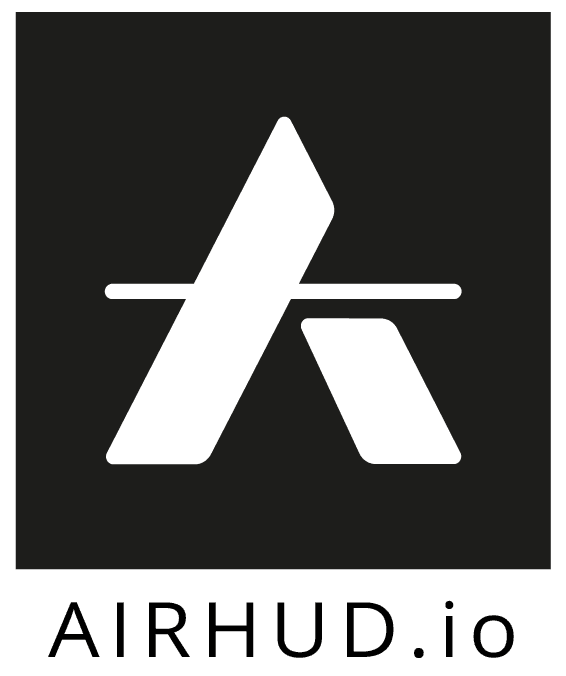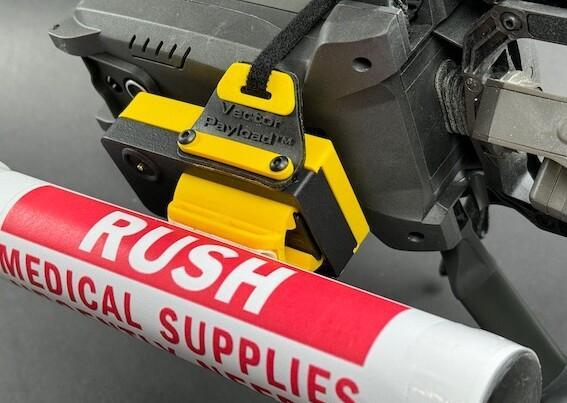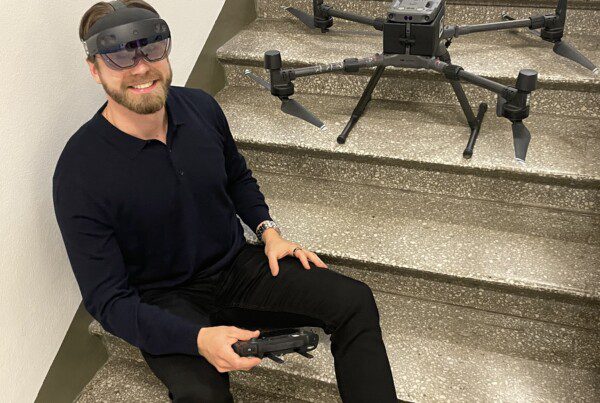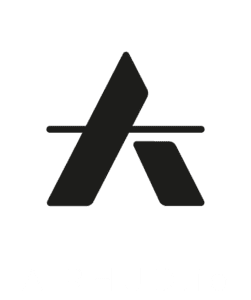In our previous article we discussed how the USA manage BVLOS and situational awareness when dealing with the adoption of drones in their country. In this article we focus on Canada and the initiatives they have there to help the growing professional drone industry flourish.
BVLOS in Canada
In Canada, the primary regulatory body for unmanned aircraft system (UAS) operations is Transport Canada, which is a federal agency responsible for transportation policies and regulations. Transport Canada is responsible for developing and enforcing regulations related to UAS operations, including the Canadian Aviation Regulations (CARs) and the UAS Operations in Canada Safety Framework.
Transport Canada and the Canadian UAS Centre of Excellence (CUASCE) have collaborated on a range of initiatives related to the regulation and development of the unmanned aircraft system (UAS) industry in Canada.
The CUASCE is a non-profit organisation focused on supporting the development of the UAS industry in Canada, through research and development, training, education and industry support.
The organisation has been actively involved in promoting the development of the UAS industry in Canada, including BVLOS flights working closely with industry partners and government agencies to support innovation and growth in the sector.
Transport Canada and the CUASCE have worked together on a range of initiatives, including the development of policies and regulations related to UAS operations, as well as research and development on new UAS technologies and applications.
Space for BVLOS programs in Canada
CUASCE has been involved in a range of other BVLOS programs and initiatives in Canada, including research and development projects aimed at advancing the technology and capabilities of UAS for BVLOS operations. The organisation has 120,000 square kilometres of space to practise VLOS and BVLOS flights.
The CUASCE has also been involved in the development of training and education programs for UAS operators (known as RPAS – remotely piloted aircraft systems), working with Transport Canada and other organisations to develop comprehensive training programs that meet the regulatory requirements for UAS operators in Canada.
These programs are designed to ensure that UAS operators have the necessary skills and knowledge to operate UAS safely and responsibly, and to promote the growth and development of the UAS industry in Canada.
Growth and development funding
The centre also provides the possibility for companies to get funding for R&D purposes from $500,000 to $1.5M CAD. It’s designed to allow companies to collaborate towards a single goal.
Each fund is awarded when a minimum of three entities are collaborating on a structured project with clear benefits for all partners that is aligned with the strategic goals of the Niche of Excellence in Civil and Commercial RPAS.
The collaboration between Transport Canada and the CUASCE is an important example of the close partnership between government agencies and industry partners in the development and regulation of the UAS industry in Canada. By working together, these organisations are able to promote the safe and responsible use of UAS technology, while also supporting innovation and economic growth in the sector.
Canada and the USA clearly get it
The USA Vantis network demonstrated in the previous article that they clearly understand that specific funding and space is required for the drone management industry to flourish. Additionally the FAA reached out to us and asked us to present the AR software we have developed to help their pilots mitigate SORA risks after reading our white paper on the subject.
We’re similarly encouraged by the Canadian authorities approach to providing the same kind of access to funding, training, space to practice and regulatory support that the USA have demonstrated.
Emilie is the chief marketing officer of Anarky Labs, a pioneer in developing situational awareness software for drone operations. As CMO, Emilie leads the go-to-market strategy and actions to make AirHUD a true European alternative when it comes to BVLOS operations to improve drone management. Emilie is best reached by email.





